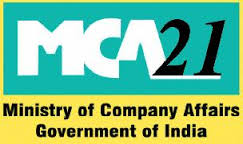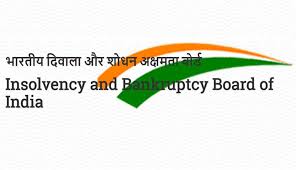
Terming the current insolvency process and its outcomes as ‘super success, Ministry of Corporate Affairs sees total recovery amount touching Rs 2.8 lakh crore through resolutions with the settlement of two key accounts, including some others — Essar Steel, where financial creditors have approved the resolution and Bhushan SteelNSE 5.27 % and Power.
“The 100 cases that have been settled through resolution accounts, Rs 1.8 lakh crore have been netted which is not a small amount and the accounts sitting on margin (Bhushan Steel and Power & Essar Steel), another Rs 1 lakh crore along with some other mid-sized resolutions can come, so Rs 2.8 lakh crore out of Rs 10 lakh crore of NPA that time is not a small amount, IBC is a super success”, says MCA senior officials on the insolvency processes
In case of Essar Steel, the CoC has approved the resolution process but the process got stuck after operational creditor Standard Chartered moved NCLAT for higher share from the funds. The debt-ridden steel firm had Rs 42,000 crore coming from the resolution plan of global steel major ArcelorMittal.
JSW Steel had revised its offer for Bhushan Power & Steel from Rs 11,000 crore to Rs18,000 crore and later to over Rs 19,000 crore which the CoC had approved.
And it is not just resolution process-led recoveries, the official said pre-resolution processes have also yielded results in 6,500 cases netting Rs 3 lakh crore on dead assets.
“6500 cases settled involving claims of close to Rs 3 lakh crore where they have been have settled before admission. And now after 12 (A) has been introduced, another 100 cases which are at stages of 90% CoC approval are moving towards out of court settlements. Both (in and outside resolutions and NCLT) are happening. About 500 cases have got settled through the court process and 6,500 cases settled even before admission”, said the officials.
Section 12 (A) of IBC allows for a withdrawal of an insolvency application if 90% of the creditors’ committee (CoC) by voting share approving it.
MCA officials dismissed the notion of high haircuts through resolution process. They said: “It (IBC) is super success. There should not be any brouhaha over haircuts. Will anybody pay more than what is the value? Suppose an asset is used for 20 years, there is nothing more to it, there is a Rs 50,000 crore loan, liquidation value is Rs 1,000 crore, so you get (the creditors) Rs 1,000 crore only.”
“Wherever a resolution has taken place, creditors are getting 200% of the liquidation value. So definitely value maximisation is the context, demand and supply will fix the value”, the officials said.
Source: Economic Times





